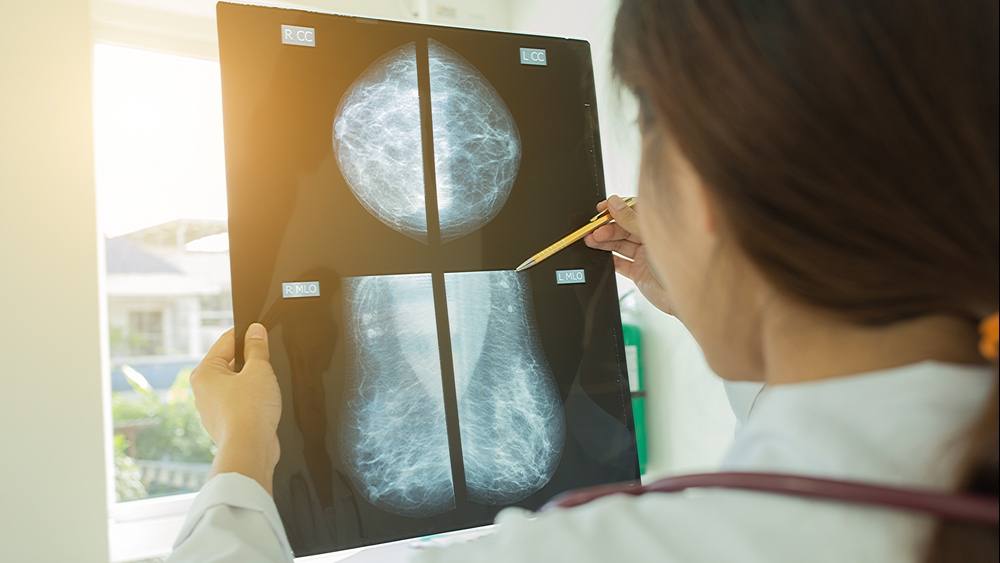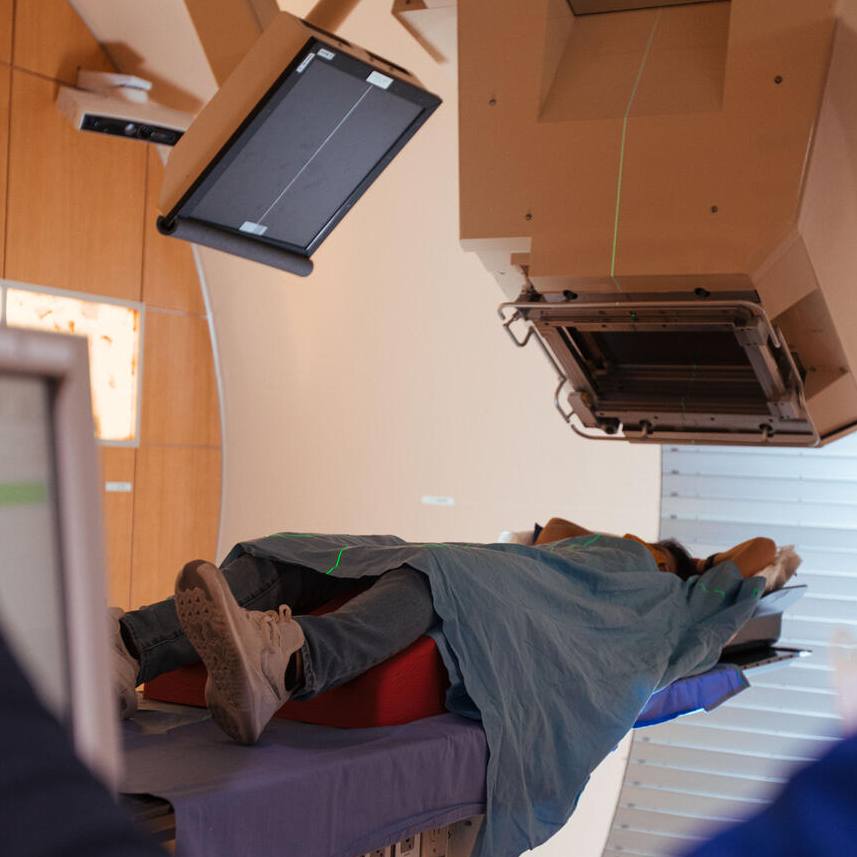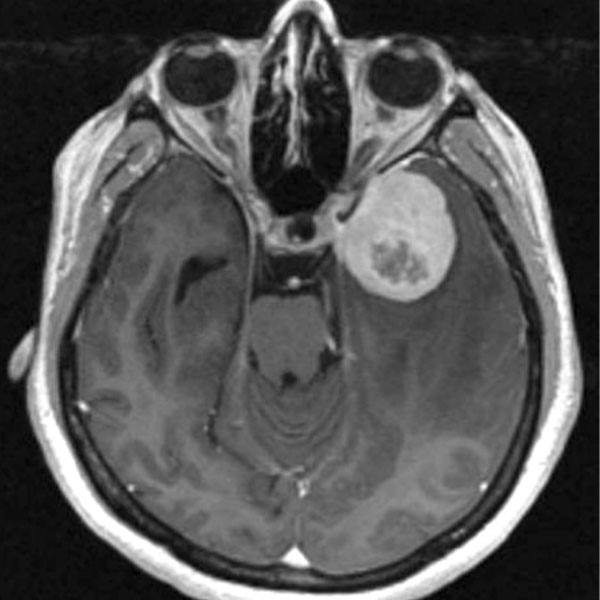-
Clearing up confusion over breast cancer screening recommendations

What are the current recommendations for breast cancer screening? It sounds like it should be a simple question with a simple answer. However, the answers to that question can vary, says Dr. Katie Hunt, a Mayo Clinic radiologist.
To make it simple, Dr. Hunt shares the breast cancer screening recommendations that she gives to her patients, friends and family.
Watch: Dr. Katie Hunt discusses breast cancer screening recommendations.
Journalists: Sound bites with Dr. Hunt are in the downloads at the end of the post. Please courtesy "Katie Hunt, M.D. / Radiology / Mayo Clinic."
"Women should start screening mammograms at the age of 40 and get them yearly," says Dr. Hunt.
"Women at a high risk of breast cancer, such as those who have a strong family history or those who have a genetic mutation that might increase their risk of developing breast cancer, may need earlier screening and/or screening with a breast MRI," says Dr. Hunt.
Dr. Hunt says those women should talk to their doctors about what's the most appropriate screening test.
"The reality is that by not getting annual mammograms starting at the age of 40, the risk of dying of breast cancer is higher, and there's an increased likelihood that you'll need more extensive treatment for cancer if it's found," says Dr. Hunt.
Dr. Hunt's recommendation for breast cancer screening aligns with The American College of Radiology, the Society of Breast Imaging, and the American Society of Breast Surgeons.
However, Dr. Hunt says, there may be other recommendations women may hear about online or in the news.
"One commonly cited set of recommendations is from the American Cancer Society, which recommends that women start yearly mammograms no later than age 45. However, they state that women should have the option to start at age 40 and get them yearly. There is a shift in the recommended screening interval at age 55, where they say that women can switch to mammograms every other year or continue yearly screening," explains Dr. Hunt. "Another controversial set of recommendations comes from the U.S. Preventative Services Task Force. They do not recommend yearly mammograms for women ages 40 to 49, but rather recommend every-other-year mammograms for women who are between the ages of 50 and 74. They state that the decision to screen women in their 40s should be individualized, and those who place a higher value on the benefit than the harms of screening may choose every other year screening between the ages of 40 and 49. This recommendation has been criticized by essentially every organization that is involved in breast cancer care, and, so, I do not recommend women follow this. Studies that have analyzed this screening regimen have shown that if women followed this schedule, we would miss up to a third of breast cancers and have up to 6,500 additional deaths per year from breast cancer."
Again, Dr. Hunt recommends that women start yearly mammograms at age 40.
"That's been the regimen that we have the strongest data for, and that is shown to have the highest reduction in mortality for women," says Dr. Hunt.
Patients should talk with their health care provider to find out what's the best screening test for them.







